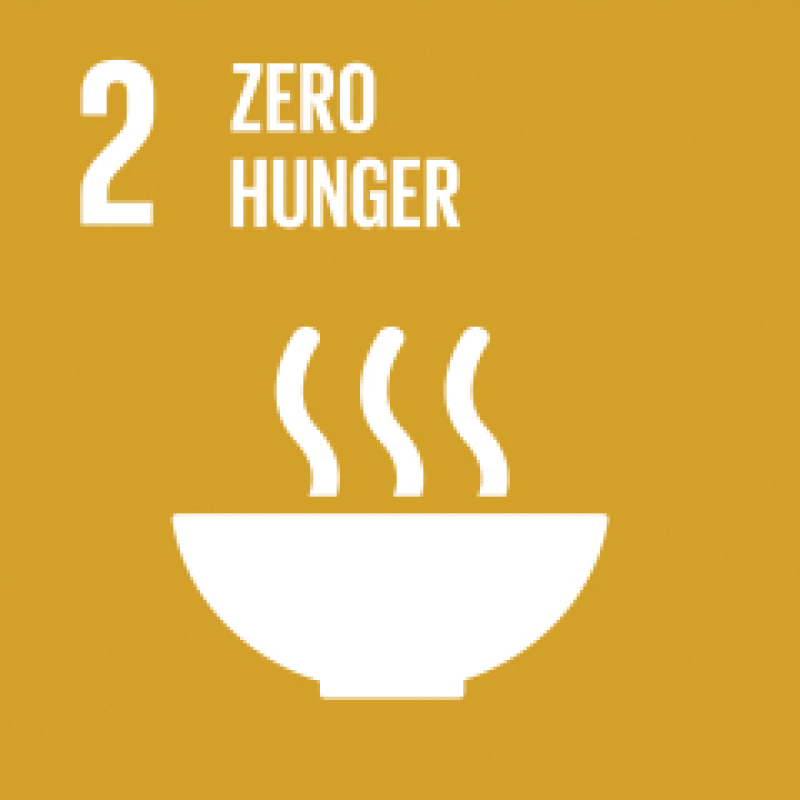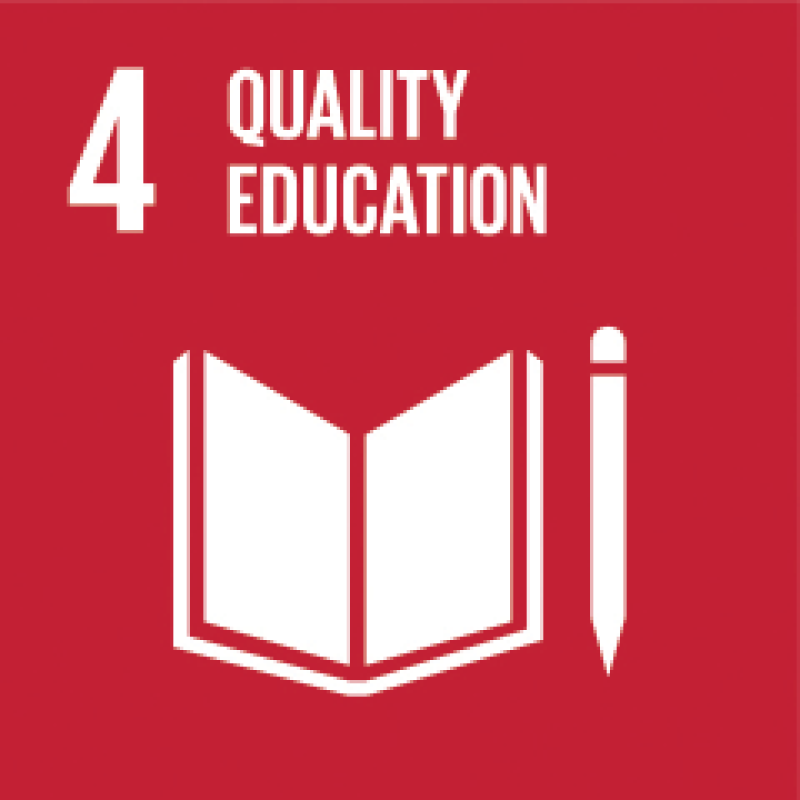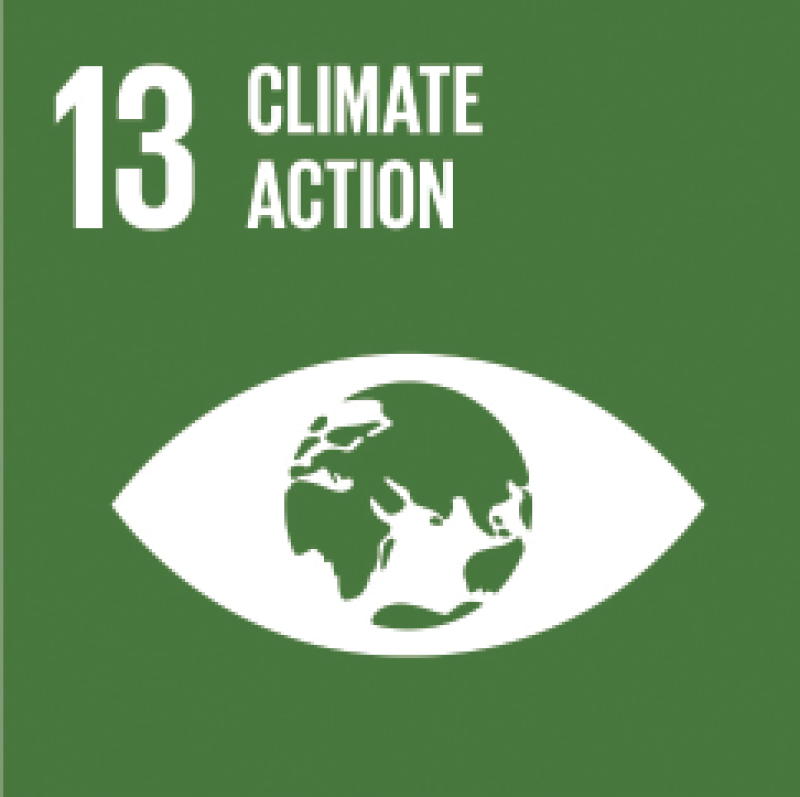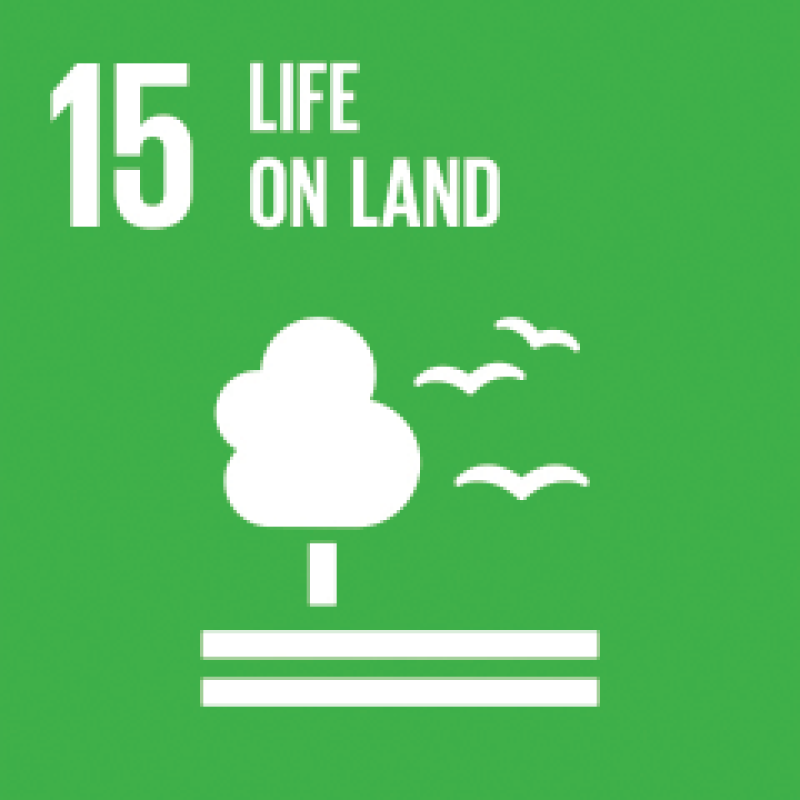

















sustainable-development-goals-780
If anyone understands the financial steps that need to be taken for emerging economies to thrive and their populations to gain access to finance, it is Bob Annibale.
In the first 15 years of his 30-year plus career at Citi, Annibale worked in various roles in treasury risk management, often running treasury for whole regions in the Middle East, Africa and emerging Europe before moving to New York to become the global senior treasury risk officer.
It was in his role there in 2005 that Annibale asked to create and run a new group, Citi Microfinance, with three colleagues, all of whom still work together today at Citi Inclusive Finance.
“Citi had such a deep knowledge of emerging markets because of our local footprint,” says Annibale. “You could go to Chittagong or Jakarta and we would be there on the ground. We understood the issues of local economies and we understood the risk and how to structure it.”
And while the firm had been making grants in financial inclusion for decades, he felt that more could be done.
“Where I saw we could add value – as did the senior management, who fully backed the new group – was to lend to those that could go the last mile where we couldn’t, applying our balance sheet to some of those organizations we had partnered with, working with innovators, treating them as we would a large corporate client, so that they could bring financial access and empowerment to many more, and support more inclusive economic growth for all.”
Annibale’s group was ground-breaking. Indeed it is only in the last few years that other large consumer banks have recognized the value of considering inclusive finance or community development as business lines, in addition to philanthropic support.
The impact of Annibale’s tireless work travelling the globe to come up with solutions in micro-finance and inclusive finance is shown in the numbers.
His group has reached more than one million women borrowers in 25 countries through its financing of micro and inclusive finance institutions with the Overseas Private Investment Corporation. Through the One Acre Fund, 250,000 rural farmers in Kenya will make an anticipated six million payment transfers this year with a value of under $6, without having to leave their farm or village. In Mexico, the development of the Transfer account at Citi Banamex has added more than seven million clients – 80% of whom are entirely new to banking – and is adding 9,000 new accounts every day.
It takes many different institutions and organizations to provide the mosaic of services that communities and households need - Bob Annibale
In every division Annibale has uncovered how to grow financial access: through retail banking, philanthropy, corporate lending and even the investment bank – Citi was the lead manager on the first investment-grade bond issue and the first IPO of a microfinance institution (MFI), for example.
More recently, Annibale has sought to help grow inclusive finance in developed economies, such as opening up the microfinance market in the US through its work with Grameen.
“Most MFIs were engaged but never reached scale, but Grameen had a group model that, while entirely new to the US, was hugely successful in Bangladesh,” says Annibale. “They couldn’t take deposits, so we looked at a way to create accounts for women, mostly new immigrants, through our bank and then launched it together. The first branch was next to a sari shop in Jackson Heights, Queens.”
It was a bold move, and Annibale is well-recognized for his courage to bring about change – the Obama administration honoured him as a White House Champion of Change for his work in 2014. More than 20,000 accounts for women have been opened at Grameen across a dozen cities in the US in immigrant communities. Citi also helped the MFI move from cheques to pre-paid cards, and to raise funding. It is now the largest microlender in the US.
Also in the US, Annibale has spearheaded the launch of a platform to enable customers of participating minority-owned banks and credit unions in the US to get fee-waived access to Citi’s 2,300 branch ATMs – creating a sustainable future for small institutions that cater to the underserved.
It illustrates what makes Annibale so invaluable in inclusive finance: he understands the need for a diversified financial services industry. Whether it is supporting the Mexican consulate to bank new Mexican immigrants or figuring out how to bring better financial access to people with disabilities in the US or advising policy on credit unions in the UK, Annibale understands the responsibilities of, and the opportunities for, a large financial institution.
“Our collaboration has helped us as a bank understand how we can improve access also,” he says. Citi launched its own Access account in the US, for example, which provides a basic online checking account to many low- and middle-income households for the first time – 370,000 of them since 2014.
“ It takes many different institutions and organizations to provide the mosaic of services that communities and households need,” says Annibale. “We are one of them and, given our history and size, our role can also be to bring commercially viable and scalable tools, solutions and products that can help us all work towards greater inclusive economic growth.”
UN Sustainable Development Goals: The keys to responsible banking?
These are the areas that the United Nations says banks need to consider when accepting their responsibilities in shaping and financing a sustainable future.


















See more impact banking champions

